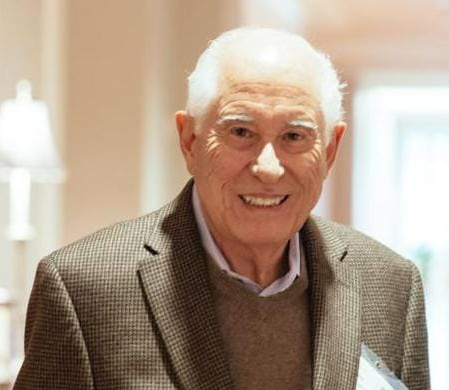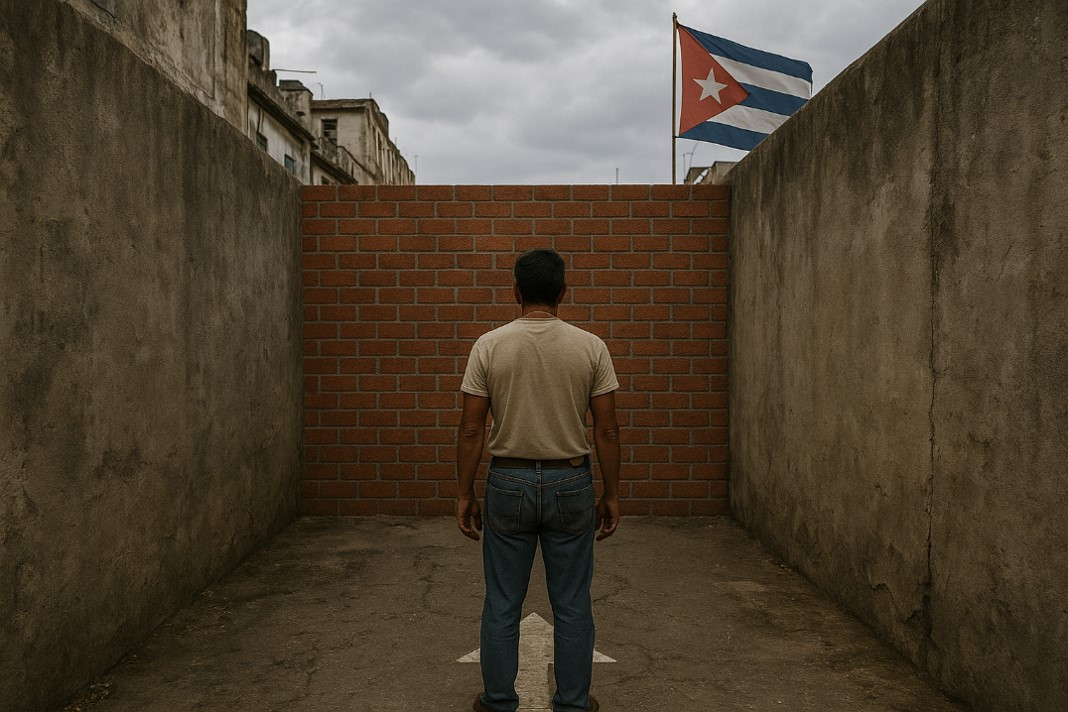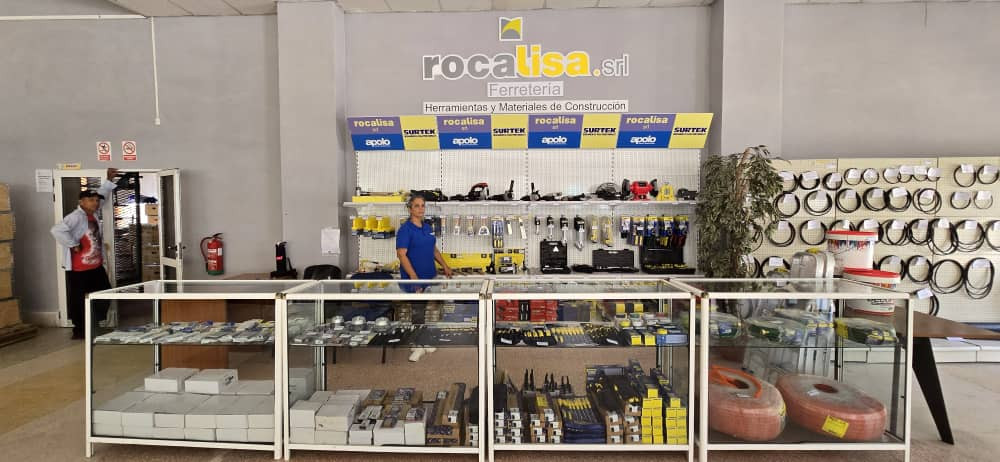Para entender mejor cómo operan las economías del mundo en el cual Cuba desea insertarse, esta sección incluye artículos sobre las instituciones y políticas comunes en las economías de mercado. Los artículos describen y analizan prácticas que la economía cubana podría ir gradualmente considerando para atraer inversión extranjera y expandir su comercio internacional. Las contribuciones a esta sección también son relevantes como punto de referencia en la construcción de un marco regulatorio que permita organizar la competencia y los aportes económicos del sector privado.
For a better understanding of how the economies of the world in which Cuba wishes to insert itself operate, this section includes articles on the institutions and policies common to market economies. The articles describe and analyze practices that the Cuban economy could gradually consider to attract foreign investment and expand its international commerce. The contributions to this section also provide a relevant point of reference in the construction of a regulatory framework that promotes competition and the economic contributions of the private sector.
Juan Carlos Albizu-Campos Espiñeira
Carmelo Mesa-Lago nos ha regalado una obra sobre Cuba que constituye una pieza única y extraordinaria en su carácter de integración del saber de los más diversos campos del conocimiento.
Durante años, el país dirigió la inversión sin dar prioridad a la recuperación del parque termoeléctrico ni a la modernización de redes, a pesar del deterioro acumulado.
Adoptar un sistema de Estado de Derecho hará que Cuba sea atractiva para los inversionistas, tanto grandes como pequeños, e impulsará su economía.
Adopting a system of “rule of law” will make Cuba attractive to investors, both large and small, and galvanize its economy.
La comparación entre Polonia y Cuba muestra que la transformación no es una elección binaria entre el mercado y el Estado, sino una cuestión de cómo se gobierna la apertura y cómo se integra institucionalmente.*
Over the past three decades, post-socialist economies have followed sharply divergent development paths, shaped less by ideology than by the institutional structuring of openness and control. This article compares Poland’s trajectory of EU-anchored integration with Cuba’s model of selective adaptation, arguing that not all forms of interdependence generate development. The comparison highlights how external ties can function either as a developmental ladder or as a structural trap.
Omar Everleny Pérez Villanueva
The recently published Cuban government program reads like a list of wishes and dreams; without taking reality into account. With this program, the country will not emerge from the deep economic crisis in which it is currently mired.
Entrevista de Mario Vizcaíno Serrat a Rolando Rodríguez
Los emprendedores cubanos encuentran que muchas exigencias son innecesarias y se convierten en trabas, y son necesarias otras que no existen. Ademas, las empresas privadas deberían formar parte del plan de la economía del país.
The new Government Program recently presented by the Cuban authorities aims to reduce inflation and the fiscal deficit, and to address monetary issues. However, it does not even mention the GAESA military conglomerate or considers its key role in the national economy.
Omar Everleny Pérez Villanueva
Un documento que parece un listado de deseos y sueños, pero que no tiene en cuenta la realidad. Con este programa el país no saldrá de la profunda crisis económica en la que se encuentra sumido.
El nuevo Programa de Gobierno presentado por las autoridades cubanas se propone reducir la inflación, el déficit fiscal y la emisión monetaria. Se plantea un programa de ajuste fiscal y monetario, pero sin mencionar a GAESA ni considerar directamente su papel en la economía nacional.
The difficulties currently affecting the Cuban economy are the result of various negative structural factors along with the complex economic situation through which Cuba is presently passing.


![ChatGPT. (2026, febrero 7). Bombilla agrietada con la silueta de Cuba como metáfora de la crisis energética [Imagen generada por IA]. OpenAI. https://chat.openai.com/ Ilustración conceptual de una bombilla encendida y agrietada, dentro de la cual se distingue la silueta del mapa de Cuba fracturado. La bombilla descansa sobre un suelo cuarteado y está rodeada de cables eléctricos deteriorados, con una bandera cubana desgastada en la base. La imagen simboliza la fragilidad del sistema eléctrico y la crisis energética del país.](/sites/horizontecubano.law.columbia.edu/files/styles/cu_crop/public/content/Fragilidad%20del%20sistema%20el%C3%A9ctrico.jpg?itok=vp185ZHw)




![ChatGPT. (2025, November 9). Invisible elephant emerging from the MINFAR building in the Plaza of the Revolution, a symbolic representation of power and institutional opacity in Cuba [AI-generated image]. OpenAI.] The image symbolically represents the tension between military power and institutional transparency in Cuba. The invisible elephant, of monumental dimensions, emerges silently from the MINFAR building in the Plaza of the Revolution, suggesting the scale and persistence of power structures that remain unseen in the national reality.](/sites/horizontecubano.law.columbia.edu/files/styles/cu_crop/public/content/1_2.jpg?itok=IERxAwbk)
![ChatGPT. (2025, abril 20). Hombre cubano frente a un callejón sin salida, simbolizando la crisis económica y social de Cuba [Imagen generada por IA]. OpenAI. https://chat.openai.com/ Un hombre cubano de pie, visto desde atrás, se encuentra en el centro de un callejón estrecho y deteriorado. Viste ropa sencilla: una camiseta beige y un pantalón de mezclilla azul. El pavimento está agrietado y los muros de concreto a ambos lados muestran humedad y desgaste. Frente al hombre hay un muro de ladrillos rojos que bloquea el paso, impidiendo avanzar. Sobre el muro, hacia la derecha, ondea una bandera cubana un poco desgastada. Al fondo se ven edificios antiguos y envejecidos bajo un cielo nubla](/sites/horizontecubano.law.columbia.edu/files/styles/cu_crop/public/content/Callej%C3%B3n%20sin%20salida%207.jpg?itok=6vyl1ZqS)
![ChatGPT. (2025, noviembre 9). Elefante invisible emergiendo del edificio del MINFAR en la Plaza de la Revolución, representación simbólica del poder y la opacidad institucional en Cuba [Imagen generada por IA]. OpenAI. https://chat.openai.com/ La Imagen representa de forma simbólica la tensión entre el poder militar y la transparencia institucional en Cuba. El elefante invisible, de dimensiones monumentales, emerge silenciosamente desde el edificio del MINFAR en la Plaza de la Revolución, sugiriendo la magnitud y persistencia de estructuras de poder invisibles en la realidad nacional.](/sites/horizontecubano.law.columbia.edu/files/styles/cu_crop/public/content/1_1.jpg?itok=AauEu9bR)
